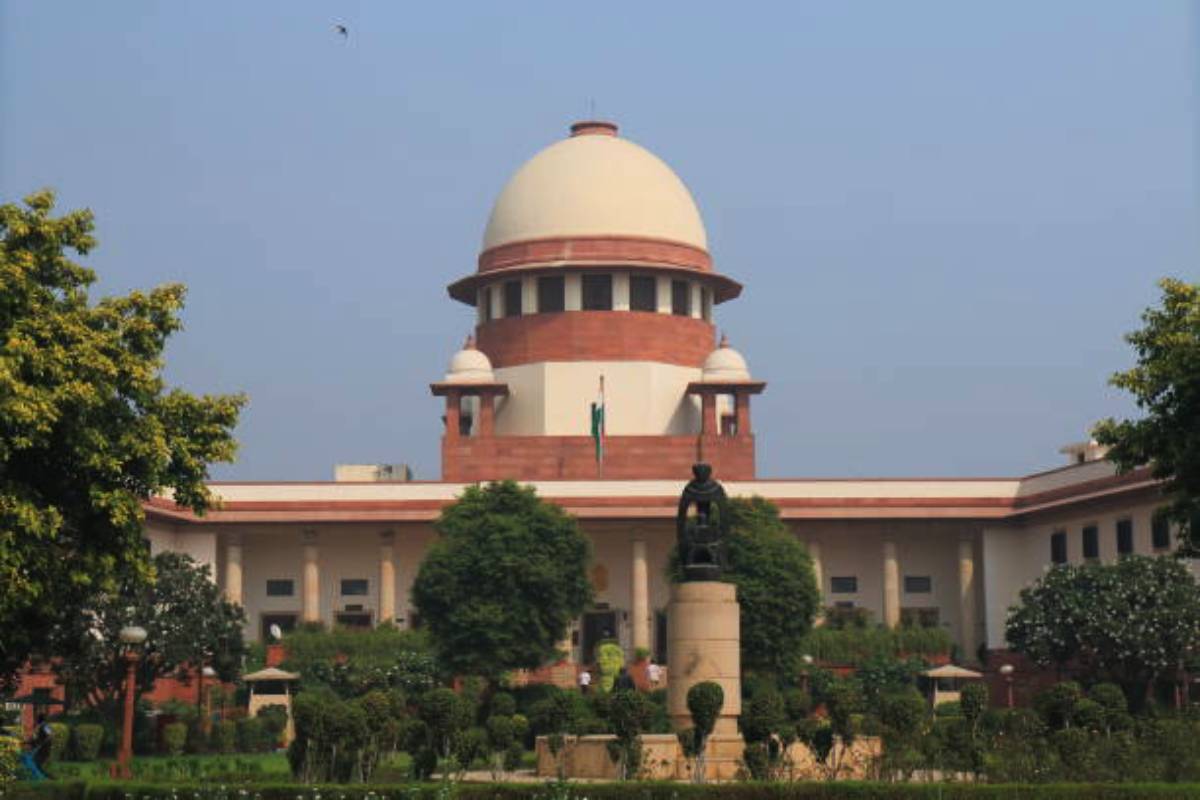School organises gender sensitisation camp
The initiative is aimed to promote gender equality, women’s rights, and social inclusivity in the rural tea-garden community.
The Supreme Court has held that witnesses from West Bengal are expected to convey their version in Hindi before a motor claims tribunal in Uttar Pradesh, as Hindi is the “national language”.

File Photo
The Supreme Court has held that witnesses from West Bengal are expected to convey their version in Hindi before a motor claims tribunal in Uttar Pradesh, as Hindi is the “national language”.
A bench of Justice Dipankar Datta was hearing an application filed by a vehicle owner seeking the transfer of a claim petition pending before a Motor Accident Claims Tribunal (MACT) in Uttar Pradesh’s Fatehgarh to West Bengal’s Darjeeling.
Advertisement
It was argued that the accident had taken place at Siliguri in Darjeeling district and, therefore, it would be expedient for the MACT at Darjeeling to decide the claim petition. Also, it was said that since all the witnesses of the petitioner (owner of offending vehicle) are from Siliguri, the Hindi language in Uttar Pradesh could be a barrier in the claim procedure.
Advertisement
However, the apex court dismissed the transfer petition, filed under Section 25 of the Code of Civil Procedure Code, 1908, saying that if the case is transferred to Siliguri, the claimants would be “seriously prejudiced” not being in a position to communicate and convey their version in Bengali.
“In a country as diverse as India, it is no doubt true that people speak different languages. There are at least 22 official languages. However, Hindi being the national language, it is expected of the witnesses who would be produced by the petitioner (vehicle owner)…to communicate and convey their version in Hindi,” the Supreme Court said.
Presently, the law provides that claimants can lodge an application for compensation at the place where the accident has occurred or at a place where claimants reside or carry on business or the defendant resides.
Advertisement